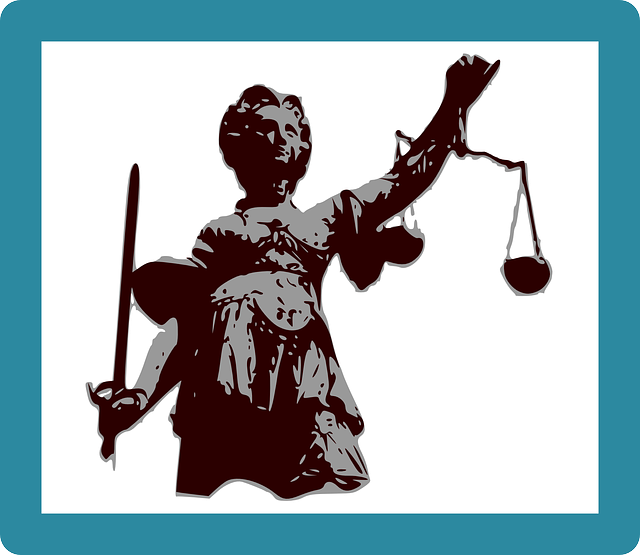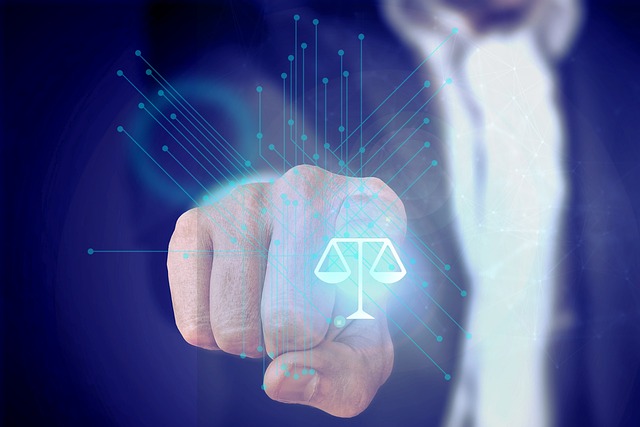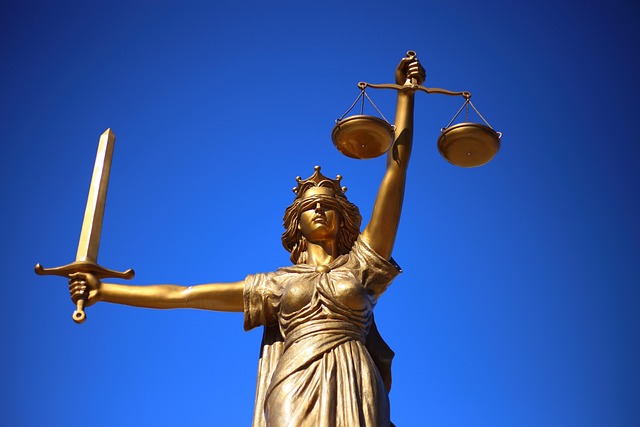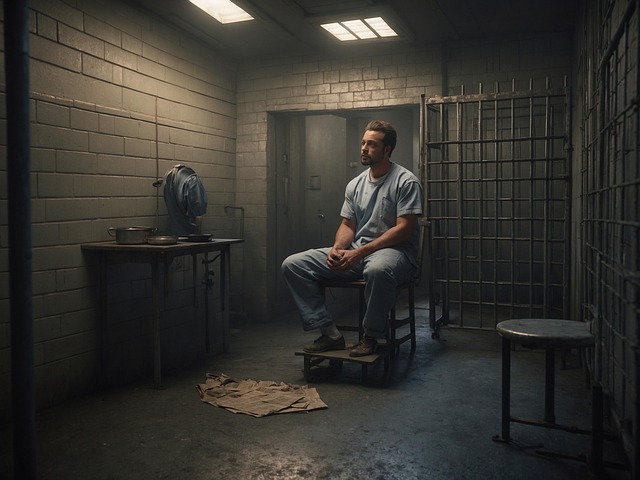Public corruption charges involve illegal conduct by public officials, requiring understanding of complex Steps in Administrative Law Proceedings. These proceedings, beyond criminal penalties, include administrative sanctions like demotion or removal. Navigating this process, which starts with filing a complaint and involves hearings, evidence gathering, and decisions, is crucial for white-collar defense. Accused individuals should hire legal experts specializing in these proceedings, assert their rights, and stay informed about relevant laws to construct a robust defense strategy.
Public corruption charges are a serious matter, with significant implications for those accused. This article provides an in-depth exploration of the intricate world of public corruption, focusing on understanding the charges, navigating administrative law proceedings, and defending against accusations. We’ll delve into the legal framework defining public corruption and guide you through the steps involved in these specialized legal processes. By understanding your rights and strategies, you can effectively navigate this complex landscape.
- Understanding Public Corruption Charges: Definition and Legal Framework
- Steps in Administrative Law Proceedings: A Comprehensive Guide
- Defending Against Corruption Accusations: Strategies and Rights of the Accused
Understanding Public Corruption Charges: Definition and Legal Framework

Public Corruption Charges refer to allegations of illegal or unethical behavior by public officials or those in positions of power within government entities. This includes acts such as bribery, fraud, abuse of office, and conflict of interest. The legal framework surrounding these charges is complex, governed by a combination of criminal and administrative laws. Understanding the specific context and applicable laws is crucial for both accusers and those facing such allegations, especially in the realm of white collar defense.
The Steps in Administrative Law Proceedings often involve several stages. This starts with an investigation into the alleged misconduct, followed by formal charges being filed against the accused. The focus here is not solely on criminal penalties but also on administrative sanctions, which can include demotion, suspension, or even removal from office. For corporate and individual clients facing public corruption charges, the assistance of legal experts specializing in white collar and economic crimes becomes indispensable.
Steps in Administrative Law Proceedings: A Comprehensive Guide
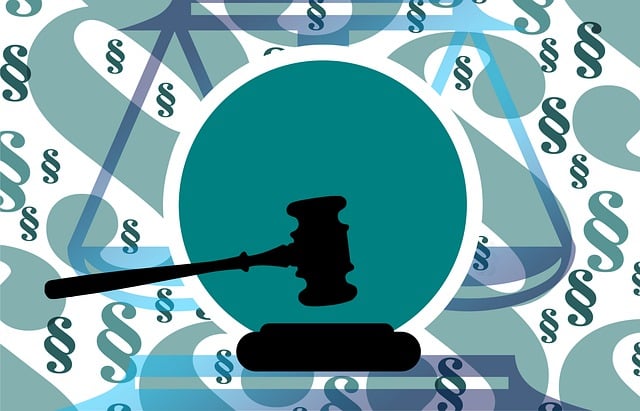
Administrative Law Proceedings are a crucial process designed to ensure fairness and accountability in government actions. This multi-stepped approach provides a framework for addressing disputes between individuals or groups and government agencies. The journey begins with a complaint or petition, where aggrieved parties initiate the process by presenting their case before an administrative body or tribunal. These bodies are specialized panels or officers who possess expertise in the relevant legal domain.
Each step is meticulously structured to safeguard rights and ensure due process. After initial submissions, there’s often a period for pre-hearing activities, including document exchange and evidence gathering. Subsequently, a hearing is conducted, allowing both sides to present their arguments and witnesses. The administrative law judge or panel then renders a decision, which can include remanding the case for further investigation or issuing a final order. Achieving extraordinary results for his clients often involves strategic navigation through these stages, with a focus on avoiding indictment while upholding legal principles and rights.
Defending Against Corruption Accusations: Strategies and Rights of the Accused

Facing public corruption charges is a complex and challenging situation, but understanding your rights and available strategies is crucial for those accused. When navigating these accusations, individuals should familiarize themselves with the steps in administrative law proceedings. This includes being aware of their legal rights throughout all stages of the investigative and enforcement process.
A robust defense strategy may involve several key components. One approach is to employ a general criminal defense lawyer specializing in white-collar crimes, who can guide the accused through each step of the way. These legal professionals can help build a strong case by examining procedural errors, challenging evidence, and presenting a compelling narrative that protects the rights of the individual. Additionally, staying informed about relevant laws and regulations is essential, as it enables the accused to understand their position and make informed decisions in collaboration with their defense team.
In navigating public corruption charges, understanding both the legal framework and the specific steps involved in administrative law proceedings is paramount. By familiarizing themselves with these processes, individuals facing accusations can better assert their rights and mount a robust defense. The strategies outlined in this article equip those involved to navigate these complex cases, ensuring fairness and justice throughout the entire process, especially when considering the significant implications of corruption allegations.
